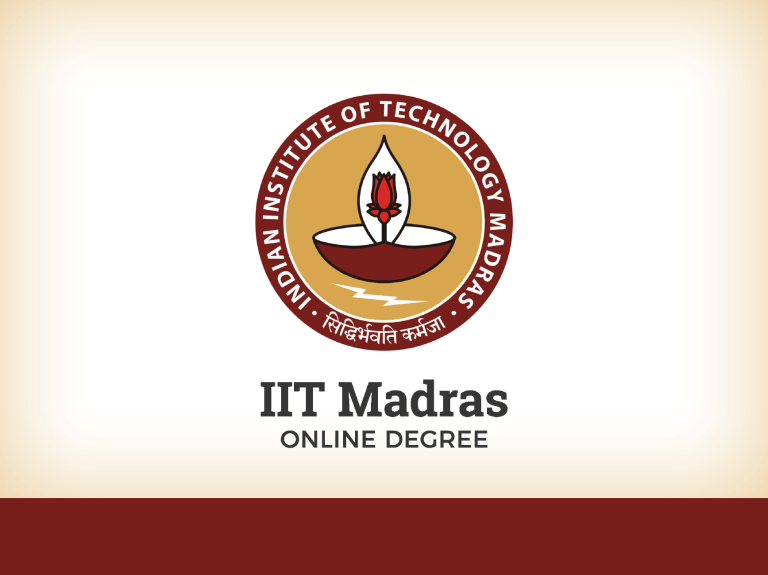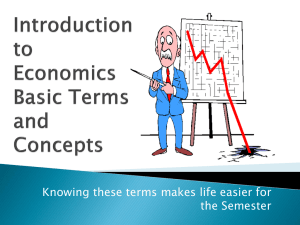
Consumption and Demand PRODUCTION CONSUMPTION INVESTMENT ECONOMIC ACTIVITY DISTRIBUTION EXCHANGE Production • Production is the process of converting raw materials into useful good/service. Goods/services become useful as they acquire utility value in the process of production. • Producers have limited capital resources while they have a wide range of goods and services to choose from for their firms and factories to produce . • With the given prices of inputs they choose such combinations which minimise cost of production so that they earn maximum profit. Consumption • Consumption is that economic activity which is concerned with the use of goods and services for the direct satisfaction of individuals and collective wants. • A consumer is a person who consumes goods and services for the satisfaction of his/her wants. • Consumption activity is the base of all production activities. • There would not be production if there was no consumption • As a consumer people have limited means (income ) while their wants are unlimited. • Study of consumption behaviour is concerned with the question “How people use their given /limited means for the purchase of different goods and services, so that their satisfaction is maximised? • In Consumption Theory we formulate a set of standard relationships explaining how consumers tend to behave. Exchange • Exchange is that economic activity which is concerned with sale and purchase of commodities. • In simple terms barter or buying and selling Representing consumption: A typical consumption basket (income Rs. 15000) Representing consumption: A typical consumption basket (income Rs. 30000) Representing consumption: A typical consumption basket (income Rs. 50000) Data on consumption: Composition of consumer expenditure, 1993-1994 Rural Urban Source: NSS 50th round, Key results on household consumer expenditure, 1993-1994 Source: NSS 68th round, Key indicators of household consumer expenditure in India, 2011-2012 Breakup of average rural and urban Monthly Per-capita Consumption Expenditure, 2011-2012 Relationship between income (NSDP per capita at constant prices) and poverty (Head count ratio) in Indian states Reference: Economic Survey, 2020-21 What drives consumers’ choice? Utility • When economists talk about consumer choice, what they are referring to is the combination of goods and services a consumer purchases. • To understand how a household will make its choices, economists look at what consumers can afford, as shown in a budget constraint and the total utility or satisfaction derived from those choices. • Utility is the term economists use to describe the satisfaction or happiness a person gets from consuming a good or service. • For example: Mr. Raj obtains utility from consuming T-shirts and consuming movies. Like all consumers, we assume Raj wishes to choose the combination of T-shirts and movies that will provide him with the greatest total utility, Prices • The fact that goods have value can be ascribed ultimately to the limitations in the world’s material endowment. • That is why goods have prices; if they were available in unlimited supply they would be free. • Price usually serves as the rationing device whereby their use is kept down to the available supply. • In a market economy the relationship between the price of a good and the quantity supplied depends on the cost of making it, and that cost, ultimately, is the cost of not making other goods. The market mechanism enforces this relationship.

